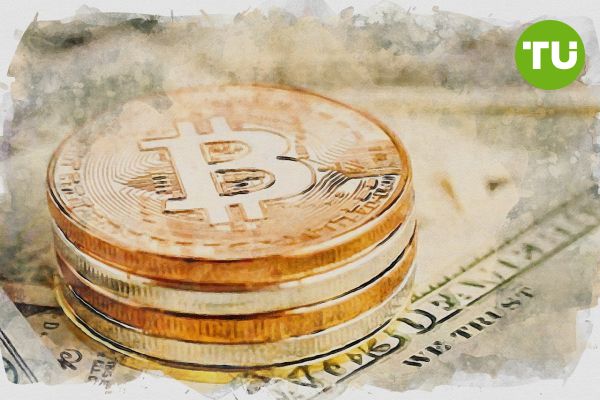Bitcoin emerges as inflation hedge in age of trade wars
 Bitcoin seen as hedge against inflation
Bitcoin seen as hedge against inflation
As global trade conflicts intensify, analysts and investors are increasingly viewing Bitcoin as a strategic asset amid economic instability.
A new tariff war sparked by the United States has reignited concerns about the stability of the global financial system, triggering widespread discussions about the role of decentralized currencies in hedging economic risks, reports CryptoNewsLand.
Arthur Hayes' view and the threat of inflation
Arthur Hayes, co-founder of BitMEX, believes that the imposition of new tariffs will deepen global economic disparities and drive governments toward monetary expansion, often through increased money printing. According to him, such an approach weakens national currencies and lays the groundwork for inflation—a scenario in which Bitcoin’s limited supply and decentralized nature become especially appealing.
Loading...
Tapiero’s Position and institutional interest
This perspective is shared by Dan Tapiero, founder of 10T Holdings. He argues that rising tariffs expose systemic weaknesses in the traditional financial model. In Tapiero’s view, the demand for cross-border, inflation-resistant assets is becoming increasingly urgent. Bitcoin, being beyond the control of centralized authorities, offers a stable alternative for preserving value in volatile markets.
Loading...
Amid growing concerns over currency devaluation, institutional players are showing heightened interest in Bitcoin. Hayes predicts an increase in both institutional and retail demand, particularly given the growing unpredictability of economic policy.
Bitcoin’s prospects as a hedge against instability
Transparency and predictability make Bitcoin an attractive hedging tool for diversifying investment portfolios. Recent developments support this view: despite economic pressure and geopolitical tensions, Bitcoin has maintained relative price stability.
Given the ongoing divergence in monetary policies and the persistence of trade barriers, both Hayes and Tapiero agree that Bitcoin will continue to strengthen its position not only as an alternative asset but also as a vital component of the future financial system. In an era of increasing uncertainty, its role as a defensive asset is becoming ever more practical.
It’s worth noting that Robert Kiyosaki, author of the best-selling finance book Rich Dad Poor Dad, also previously identified Bitcoin, gold, and silver as the only “real money” in the face of an impending financial crisis. He warned that traditional investment vehicles—stocks, bonds, mutual funds, and ETFs—are unlikely to recover anytime soon.













































































































































